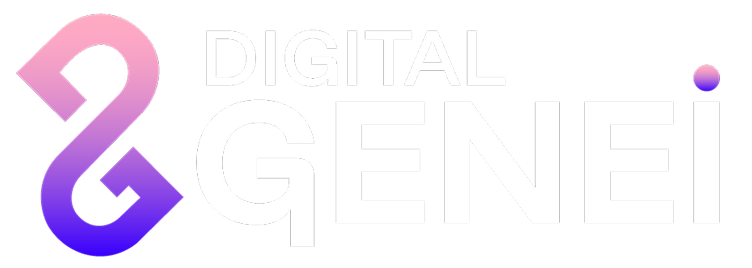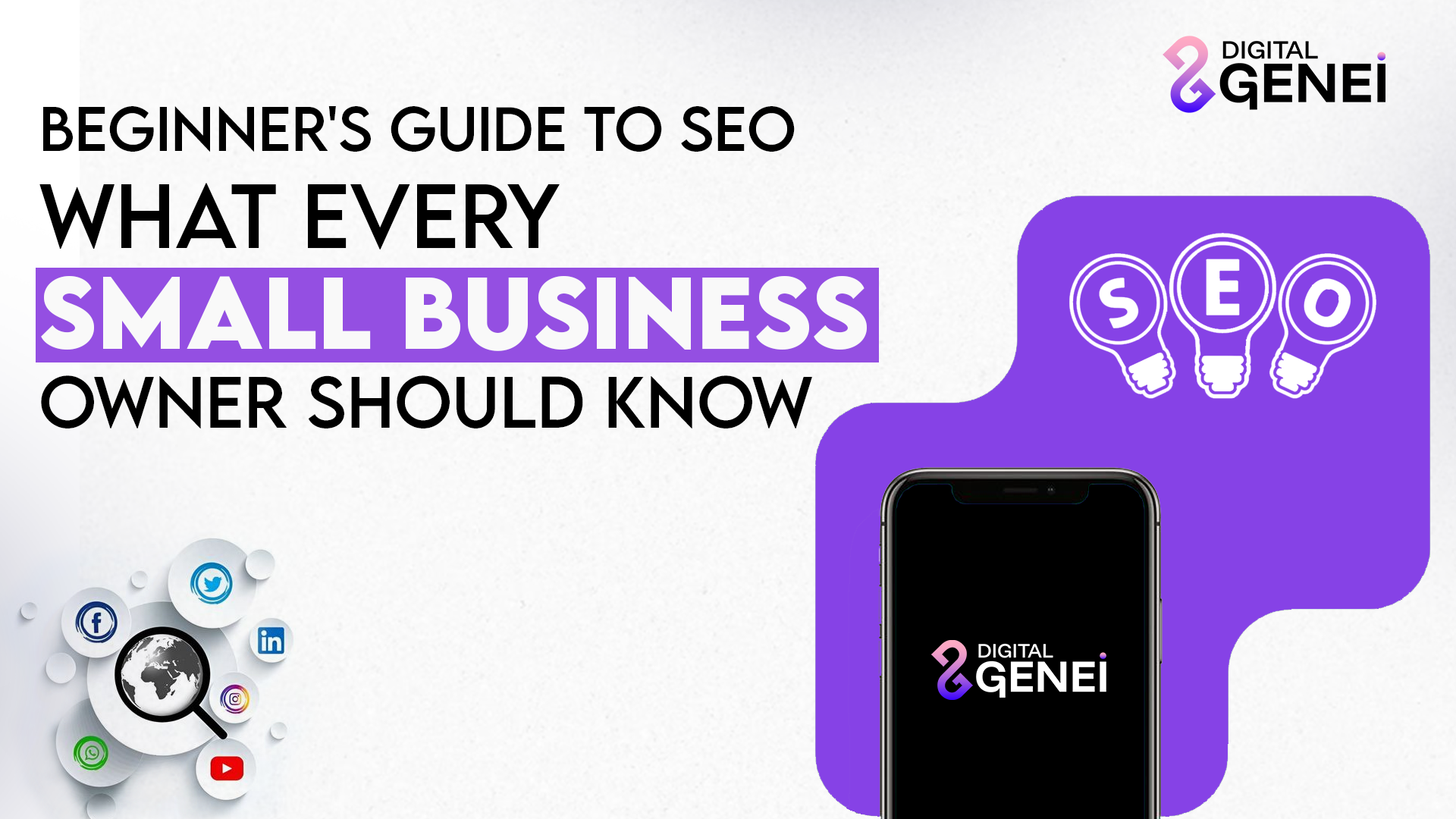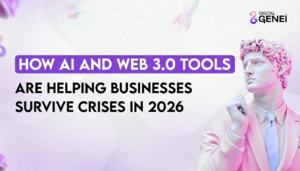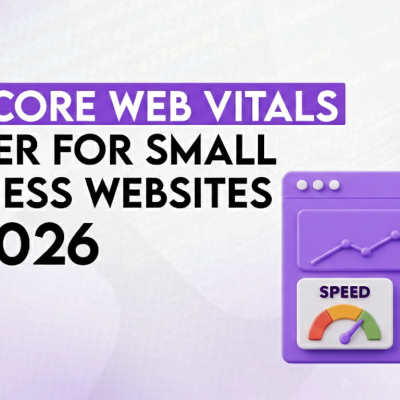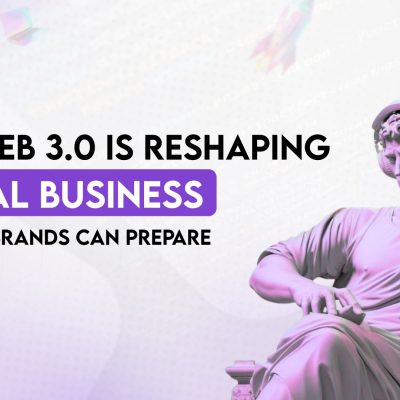In today’s digital-first world, your website is often the first point of contact between your business and a potential customer. But having a beautiful website isn’t enough—people have to be able to find it. That’s where Search Engine Optimization (SEO) comes in.
For many small business owners, SEO feels like a complex, ever-changing puzzle. However, at its core, SEO is simply about making it easy for search engines like Google to understand your value and connect you with the right audience.
Here is a foundational guide to help you start climbing the search rankings.
1. Keywords: Speaking Your Customer’s Language
Keywords are the words and phrases that people type into search bars. To win at SEO, you need to know which terms your customers are using.
- Brainstorming: Think about what you offer. Instead of just “Bakery,” think “Gluten-free cupcakes in Chicago.”
- Long-tail Keywords: These are longer, more specific phrases. They often have lower search volume but higher conversion rates because they target people with specific intent.
- Tools: Use free tools like Google Keyword Planner or AnswerThePublic to see what questions people are asking about your industry.
2. On-Page SEO: Setting the Stage
On-page SEO refers to the elements on your website that you can control. Each page should be optimized for a specific keyword.
- Title Tags & Meta Descriptions: These are the snippets that appear in search results. Make them catchy and include your primary keyword.
- Header Tags (H1, H2, H3): Use these to structure your content. Your main title should be an H1, and subtopics should be H2s.
- High-Quality Content: Google rewards helpfulness. Write blogs, guides, or product descriptions that actually solve a problem for your visitor.
3. Local SEO: Winning Your Neighborhood
For small businesses with a physical location or service area, Local SEO is your secret weapon.
4. Technical SEO: The “Under the Hood” Stuff
You don’t need to be a coder, but you do need to ensure your site provides a good user experience.
- Mobile Friendliness: More than half of web traffic comes from mobile devices. If your site looks bad on a phone, Google will penalize you.
- Site Speed: If your page takes more than three seconds to load, users (and search engines) will leave.
- Security (HTTPS): Ensure your site has an SSL certificate. It’s a standard trust signal today.
5. Backlinks: Building Your Reputation
Think of a backlink (a link from another website to yours) as a “vote of confidence.” The more reputable sites that link to you, the more Google views you as an authority.
Pro Tip: Start small. Get listed in local business directories or write a guest post for a local community blog to earn your first few high-quality links.
Final Thoughts
SEO isn’t a one-time task; it’s a marathon, not a sprint. You won’t see results overnight, but by consistently providing value and following these basics, you will build a digital presence that grows your business while you sleep.
